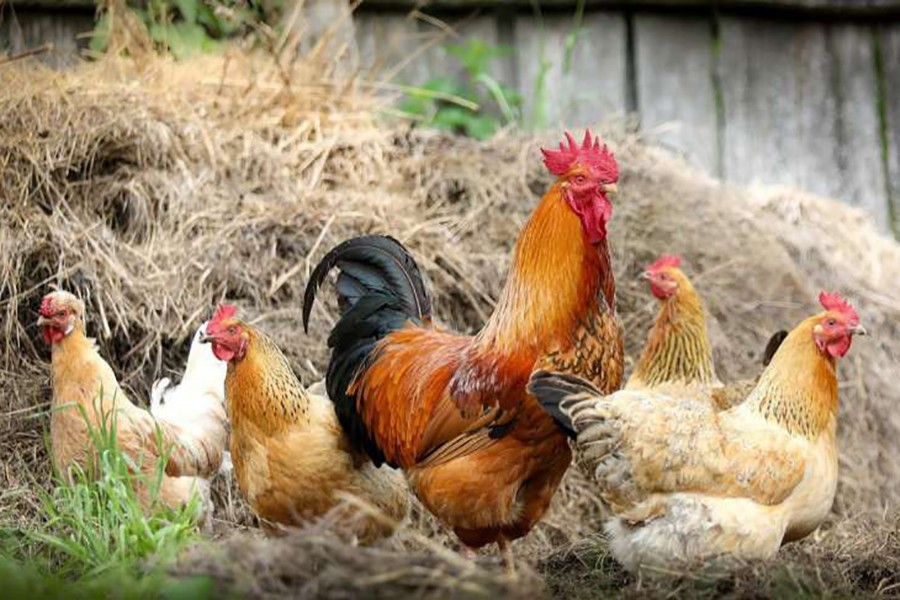Researchers looked at antibiotic-resistant bacteria populations in farmed broiler chickens, free-range backyard chickens and children in remote northwestern Ecuador, and found that a gene associated with antibiotic resistance, known to be present in broiler chickens, was also present in backyard chickens and children.
Researchers at the University of Michigan (UM) visited many rural communities in Ecuador's Esmeraldas Province in 2015 and sampled chickens from 10 households raising broiler chickens, which are fed antibiotics and raised in a coop; and backyard breeds, which roam freely inside and outside the homes.
They also sampled backyard chickens from 10 households where there were no broiler chicken samples. Two years later, the researchers also collected samples from the children in the farming community.
The study found high resistance to cefotaxime, an antibiotic that has clinical importance for both poultry and humans. Of the farmed broiler chickens, 66 per cent had cefotaxime resistance. Backyard chickens showed an increase overtime after the broilers' introduction to the area, from about 2 per cent to nearly 18 per cent.
"Results from this study illustrate an ongoing theme in development work, where small-scale chicken farming on the one hand can help alleviate poverty and reduce food insecurity, but on the other hand can have negative public health implications," said Joseph Eisenberg, a professor at the UM School of Public Health.
Resistance for third-generation antibiotics such as cefotaxime in humans historically was very rare in this region until recently, reports Xinhua.
Small-scale animal farming accounts for the majority of the production of chicken worldwide, and is important in increasing protein and economic security, as well as gender equity, in many of these countries.
The study has been published in The American Journal of Tropical Medicine and Hygiene.


